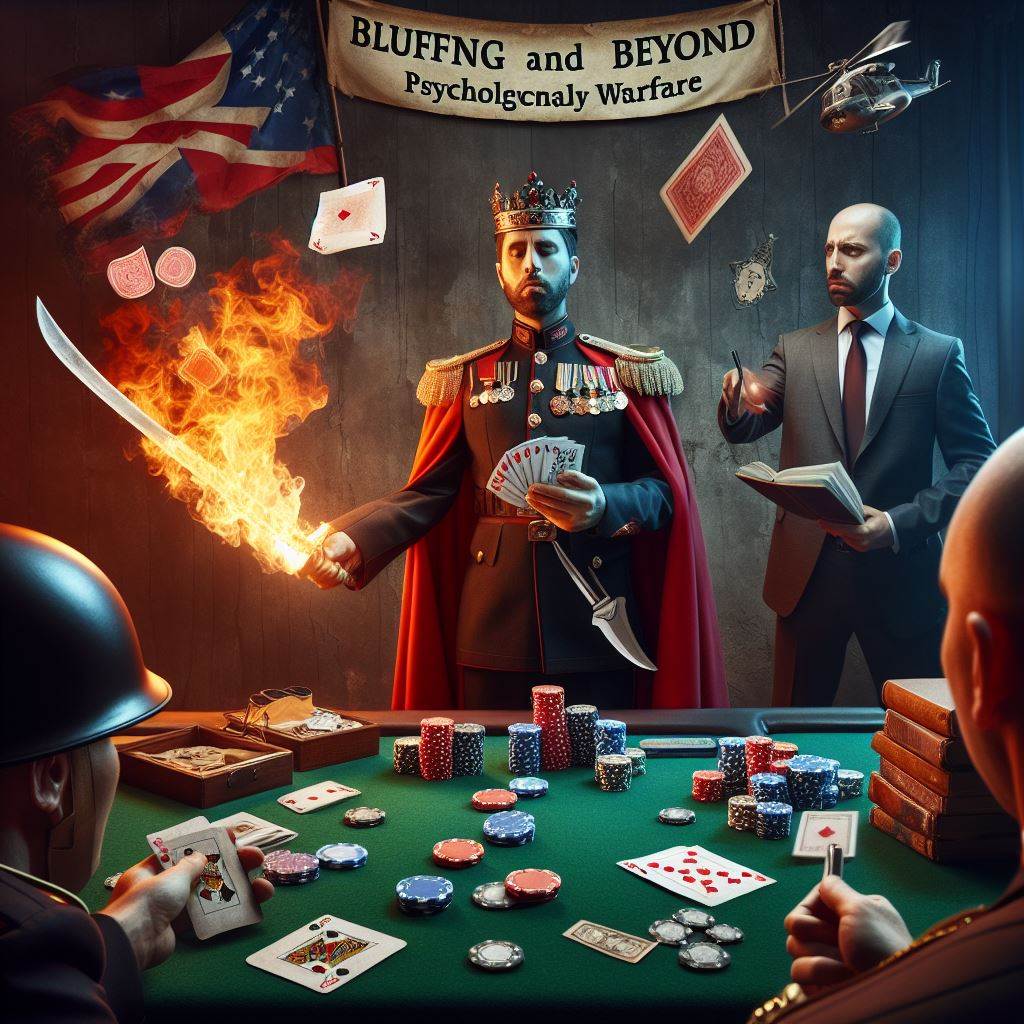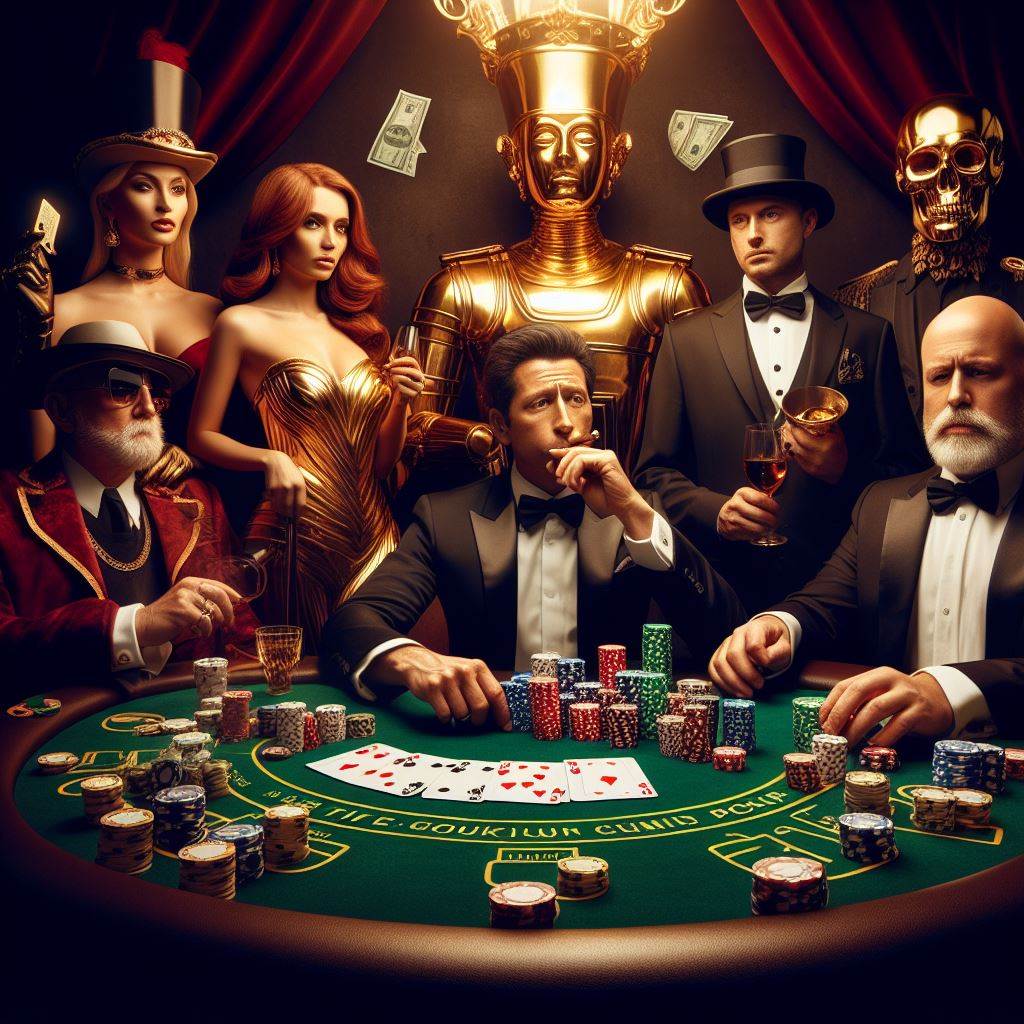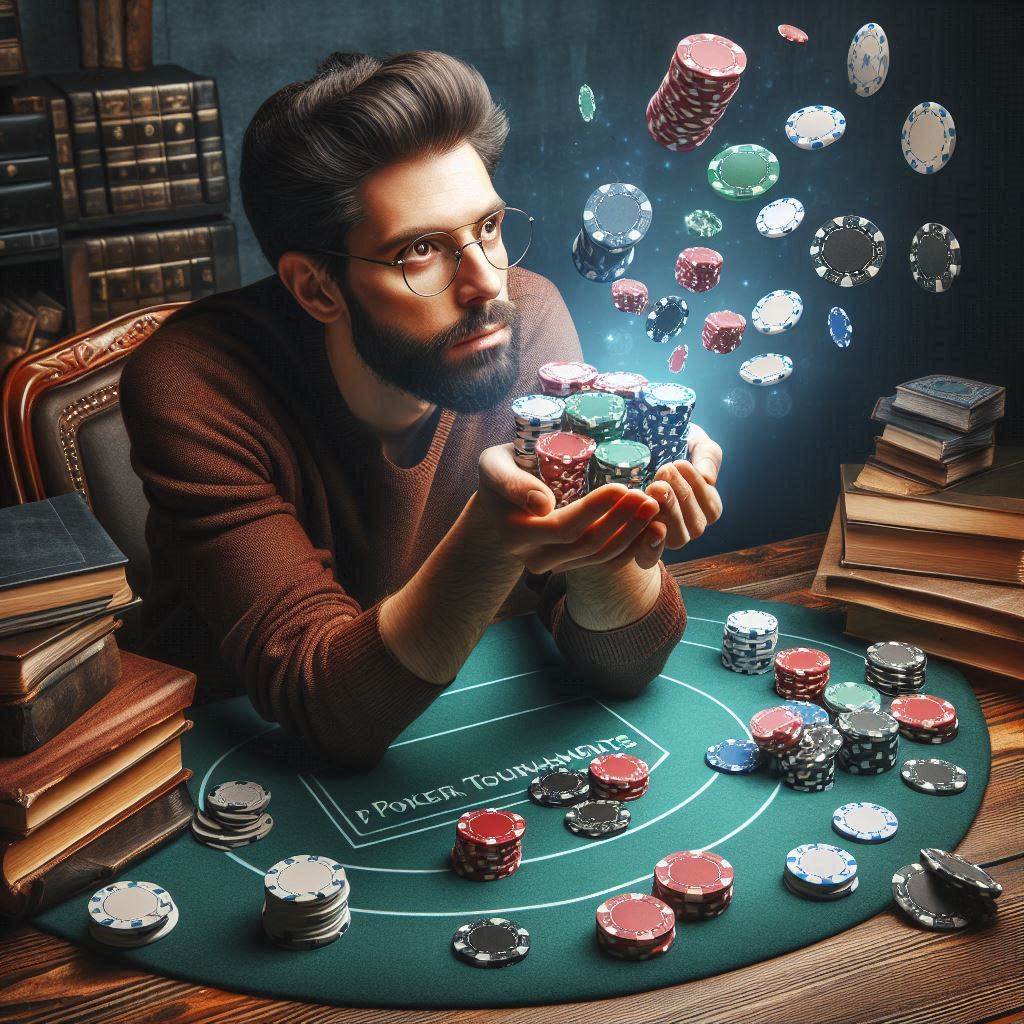In the intricate dance of casino poker, the cards you hold are only part of the equation. The real game unfolds in the minds of the players, Psychological Warfare in Casino Poker where psychological warfare dominates. Mastering the art of deception, recognizing tells, and maintaining an inscrutable poker face are critical components of a strategy known as “bluffing.” This article delves into the psychological tactics beyond mere bluffing that skilled players employ to secure their victories and unsettle their opponents in the high-stakes environment of casino poker.
The Essence of Bluffing
Bluffing is perhaps the most famous psychological tactic in poker, where a player bets on a weak hand to induce opponents to fold superior hands. It’s an art that requires confidence and a keen sense of timing. A successful bluff depends heavily on your ability to read the game and your opponents.
The Psychological Layer of Poker
Poker is not just a game of cards; it’s a game of people. Understanding human psychology is as crucial as understanding the odds. Players must be adept at reading body language, facial expressions, Psychological Warfare in Casino Poker and even the nuances of their opponents’ gameplay. This skill allows them to anticipate moves, recognize bluffing, and respond appropriately. This psychological duel can often lead to a mental edge that is just as decisive as the cards themselves.
Manipulating Table Image
Your table image is how other players at the table perceive you. This perception can be manipulated to your advantage. For example, playing tight and showing only strong hands early can establish a reputation for conservatism, making it easier to execute successful bluffs later in the game.
Controlling the “Tilt”
Controlling your own tilt, and inducing or exploiting tilt in others, is a powerful psychological tool. Similarly, recognizing when you are on tilt and having strategies to manage your emotions can prevent costly lapses in judgment.
Leveraging “Tells”
A “tell” is a change in a player’s behavior or demeanor that gives clues about their hand. Skilled players learn how to minimize their own tells through practice and self-awareness. They also become adept at picking up on their opponents’ tells, whether it’s a twitch, a glance, or a pattern of betting. More advanced players might even fake tells to mislead their opponents, adding another layer of deceit to the game.
Strategic Use of Position
Position is a crucial element in poker and plays a significant psychological role. Being in a late position, where you act after most of your opponents, provides a strategic advantage. You can observe and react to their actions, which gives you more information and control over the pot.
Conclusion
The psychological aspects of casino poker are what transform it from a mere card game into a battle of wits. Beyond the basic strategy of bluffing, the game encompasses a wide range of mental tactics—from manipulating your table image to controlling emotional responses. For those willing to delve deep into the psychological warfare of poker, the rewards can be substantial, not just in winnings but in the satisfaction of mastering one of the most challenging aspects of the game.
Baca Juga: Poker Strategies 101: Winning Tips for Casino Enthusiasts



